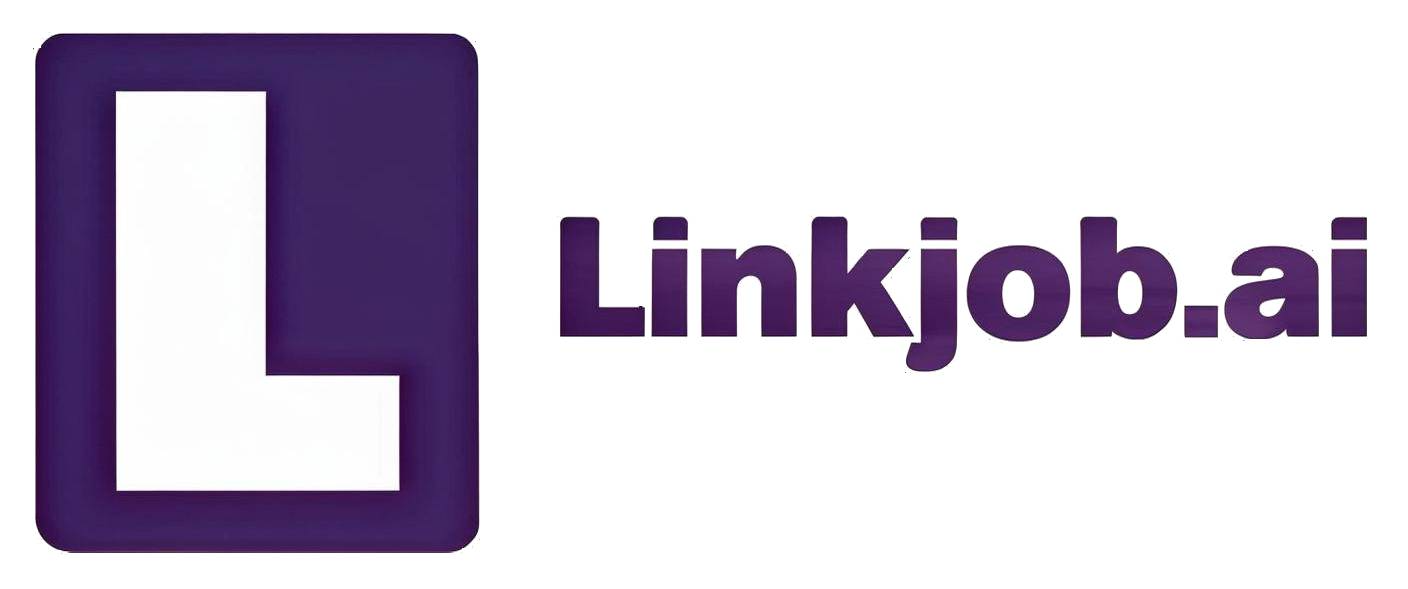8 Best Free AI Interview Assistant Tools, 2025 Hands-on Picks

Looking to find a free AI interview tool to help nail your next job interview?
As a huge fan of AI tools, I’ve been experimenting with various interview prep options, hunting for ones that are truly free or have solid free tiers, and deliver real value without any hidden catches.
After plenty of trial and error—practicing mock sessions, tweaking responses, and analyzing feedback—I’ve narrowed it down to 8 Free AI interview tools that actually stand out and produce helpful results. Whether you’re prepping for tech roles, general positions, or just building confidence, these picks have got you covered.
Linkjob.ai - Best Free AI Interview Tool Overall. I have to say, Linkjob.ai is really incredibly useful. During the interview process, it's completely invisible—even if the interviewer requires screen sharing, the other party can't see at all that I'm using AI.
Google Interview Warmup - Best Free AI Interview Tool For Quick Practice Sessions
Huru - Best Free AI Interview Tool For Mobile Accessibility
Pramp AI - Best Free AI Interview Tool For Peer-Like Mock Interviews
Interviews.Chat - Best Free AI Interview Tool For Unlimited Practice Sessions
Interviewing.io - Best Free AI Interview Tool For Anonymous Prep
Interviewsby.ai - Best Free AI Interview Tool For Personalized Simulations
ChatGPT's free version is effective for interview practice
Linkjob.ai - Best Free AI Interview Tool Overall
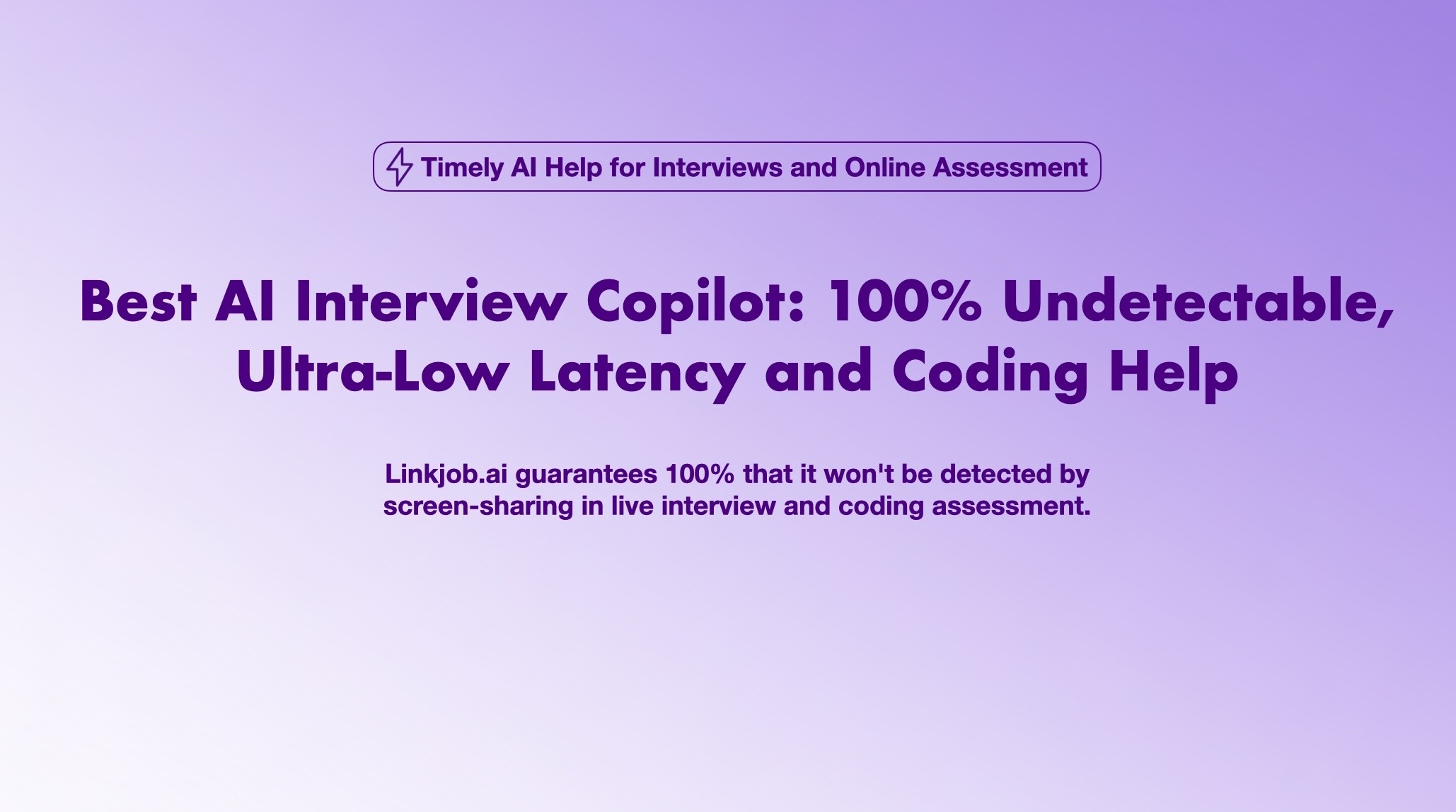
All features of Linkjob AI can be tried for free, including seeing AI-proactively providing answers to interviewer questions during a live interview, intelligently taking screenshots to see the AI's analysis and answers directly during an online coding test, and having a mock interview with the AI based on your resume and job application information before the actual interview. All of these features are available to experience directly, and the results are quite good.
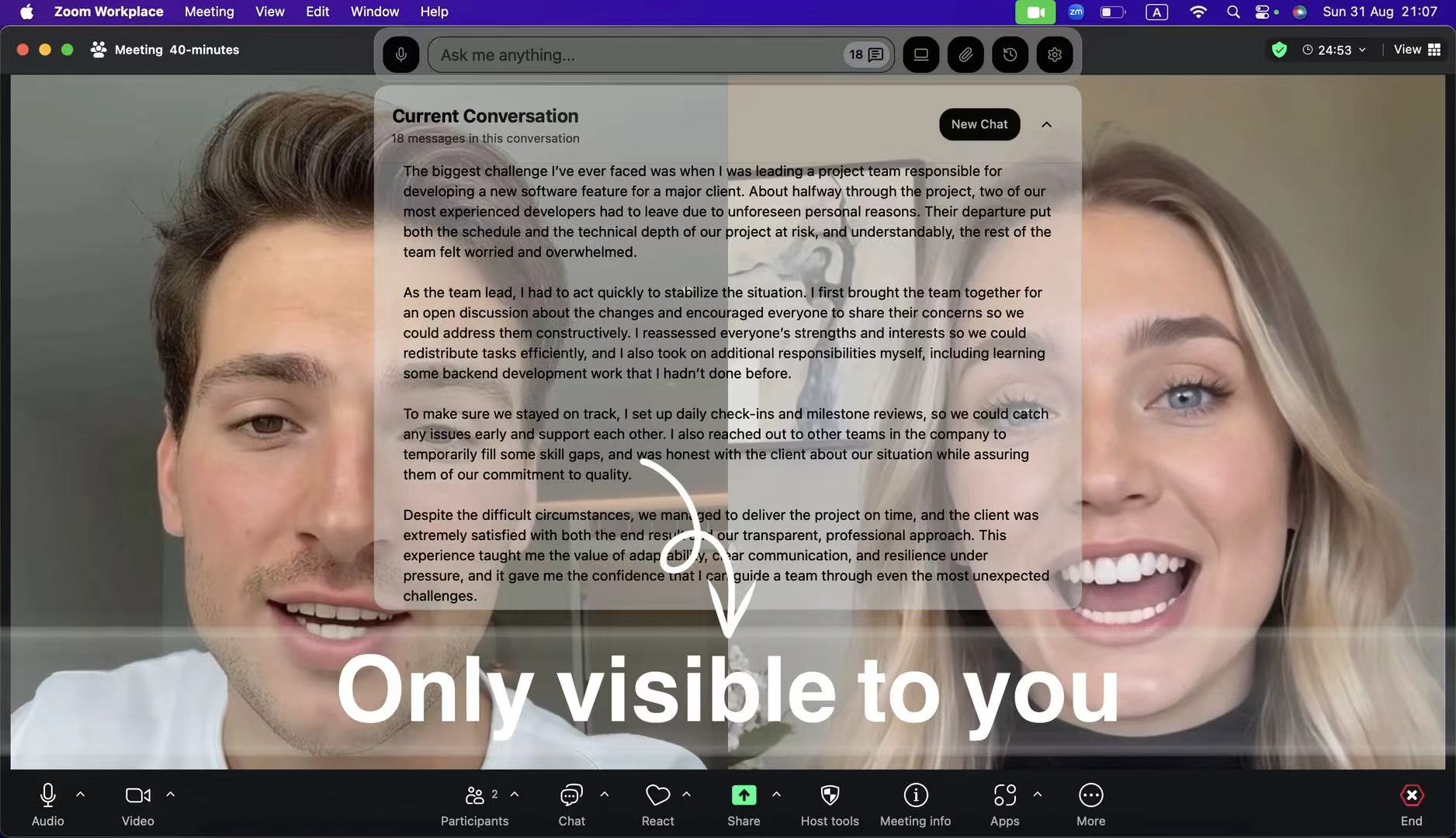
What's cool is you can use it discreetly during real interviews , without the interviewer knowing. I tried it for a product manager session, and it felt like having a personal coach pointing out key points I didn't notice.
Pros: Real-time feedback on live interview or mock interview, and delivery Customizable scenarios for different roles Private mode for actual interviews. It also cannot be detected on coding test platforms (such as Codesignal, Hackerrank, or Coderpad).
Cons: No mobile app yet for on-the-go practice
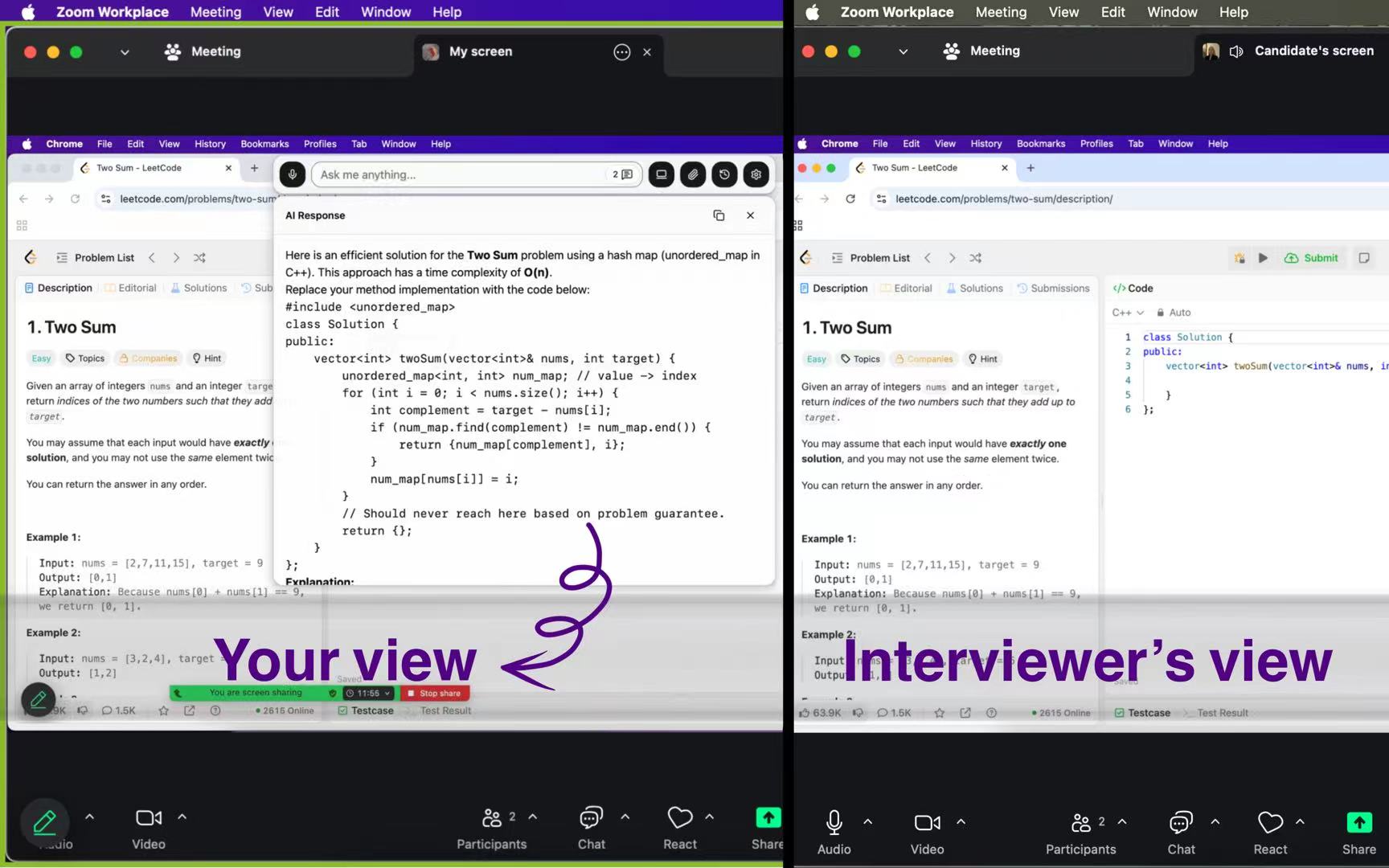
Google Interview Warmup - Best Free AI Interview Tool For Quick Practice Sessions
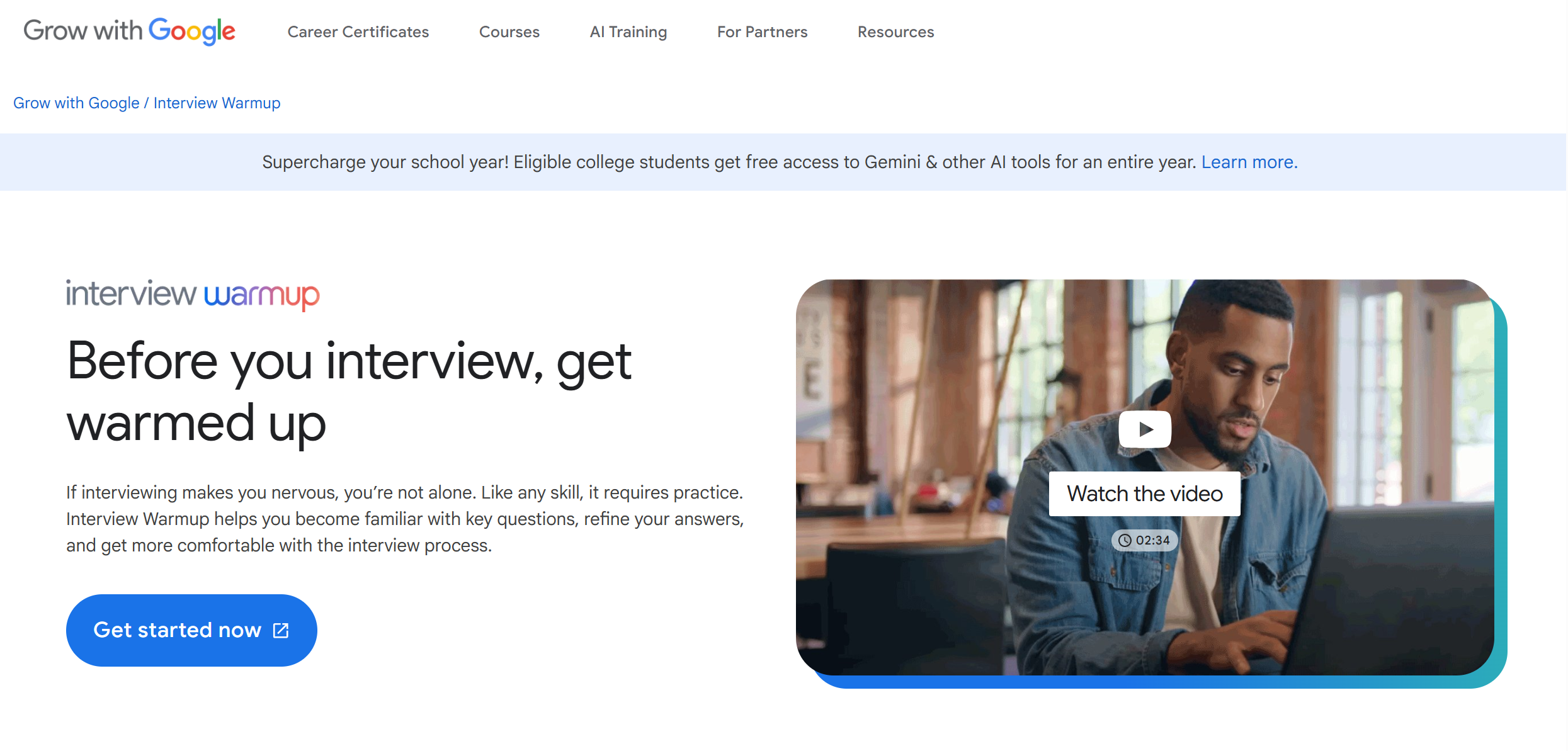
Google Interview Warmup is a straightforward, no-frills tool that's entirely free—no login or downloads needed. It helps you practice answering key questions and get instant insights.
You can choose from categories like data analytics, IT support, or UX design, speaking or typing your responses. The AI transcribes in real-time and spots patterns, like job-related terms or repetitive phrases. It flagged areas where I could expand on examples, making me more concise and focused.
It's privacy-focused, with no data stored, which gave me peace of mind. Great for quick warm-ups before the big day, though it's limited to predefined industries.
Pros: Free with no account required ,Industry-specific questions
Cons: Limited to certain job categories, The questions are relatively basic and cannot be used in real-time interviews.
Huru - Best Free AI Interview Tool For Mobile Accessibility
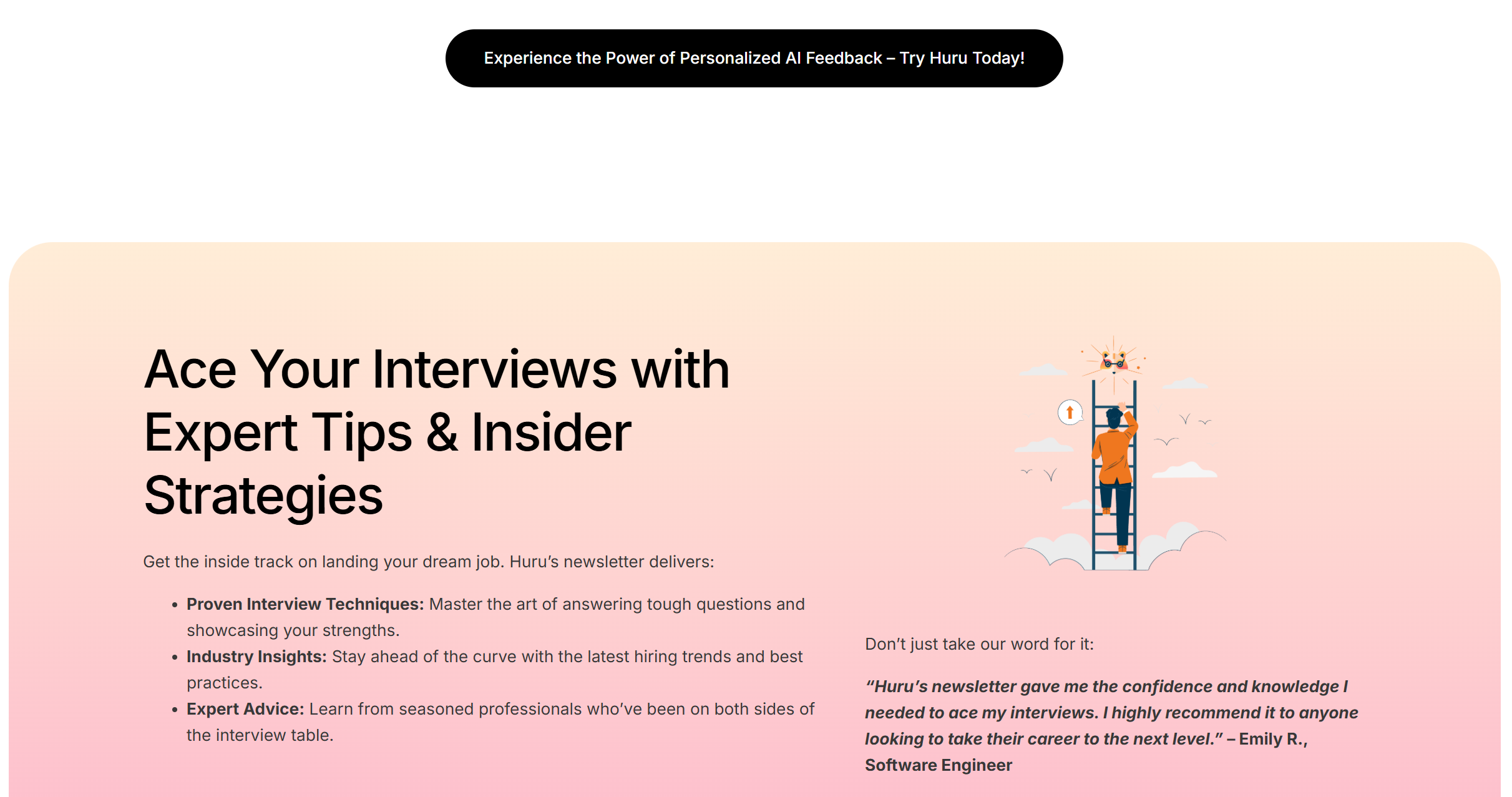
Huru is an AI-powered app I often turned to for on-the-go prep. The free version offers mock interviews with instant feedback, and it's mobile-friendly for practicing anywhere.
The mobile app lets you film responses during commutes or breaks, building habits over time. It's more than just questions—it's like a coach adapting to your style.
Pros: Mobile app for flexible, practice Personalized feedback on strengths/weaknesses
Cons: Free version has limited sessions
Pramp AI - Best Free AI Interview Tool For Peer-Like Mock Interviews
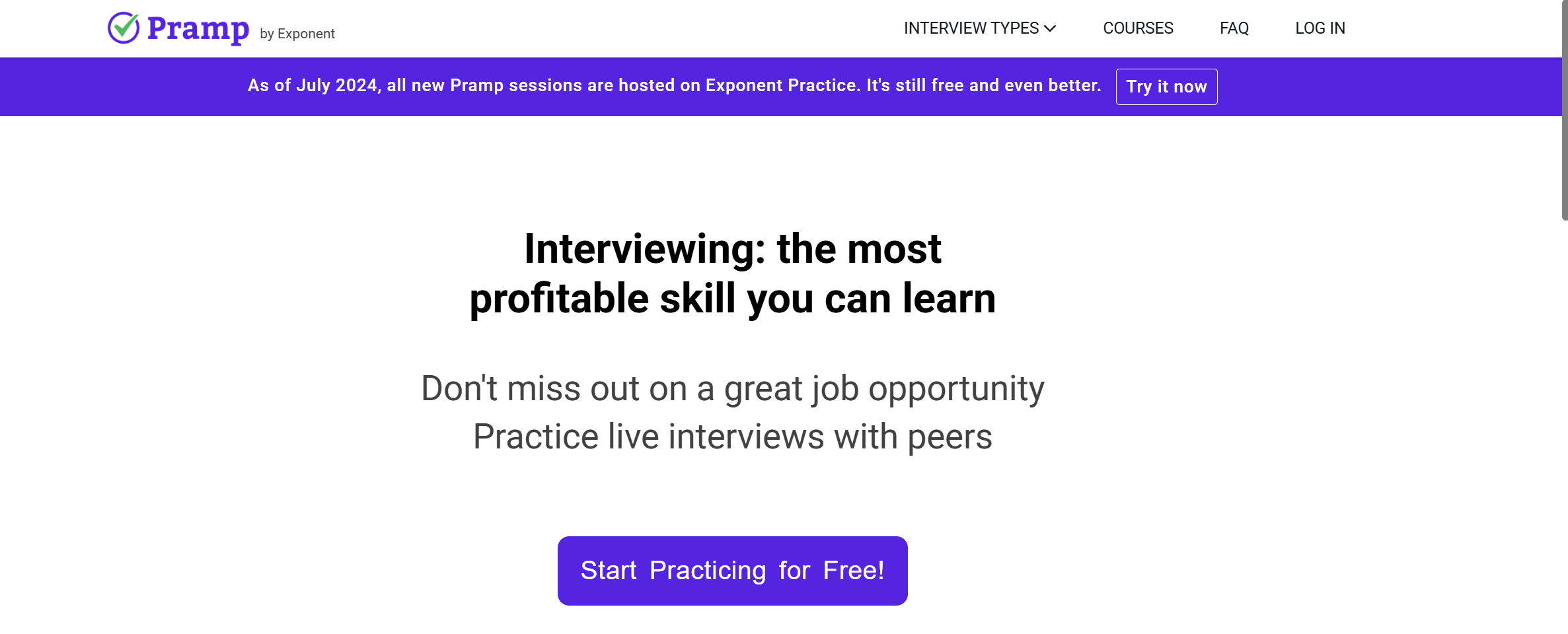
Pramp AI stands out for its free, AI-powered mock interviews that mimic real peer practice. It's great for technical roles, with daily limits on the free plan.
You solve problems while the AI acts as an interviewer, asking clarifying questions and giving feedback on your approach. I practiced coding scenarios, and it helped refine my verbal explanations—something I struggled with before. The instant insights on problem-solving felt natural, like chatting with a colleague
It's completely free with those limits, making it accessible for regular use without commitment.
Pros: Feels like real peer interaction Instant feedback on technical skills Free with daily practice allowance
Cons: Limited attempts per day
Interviews.Chat - Best Free AI Interview Tool For Unlimited Practice Sessions
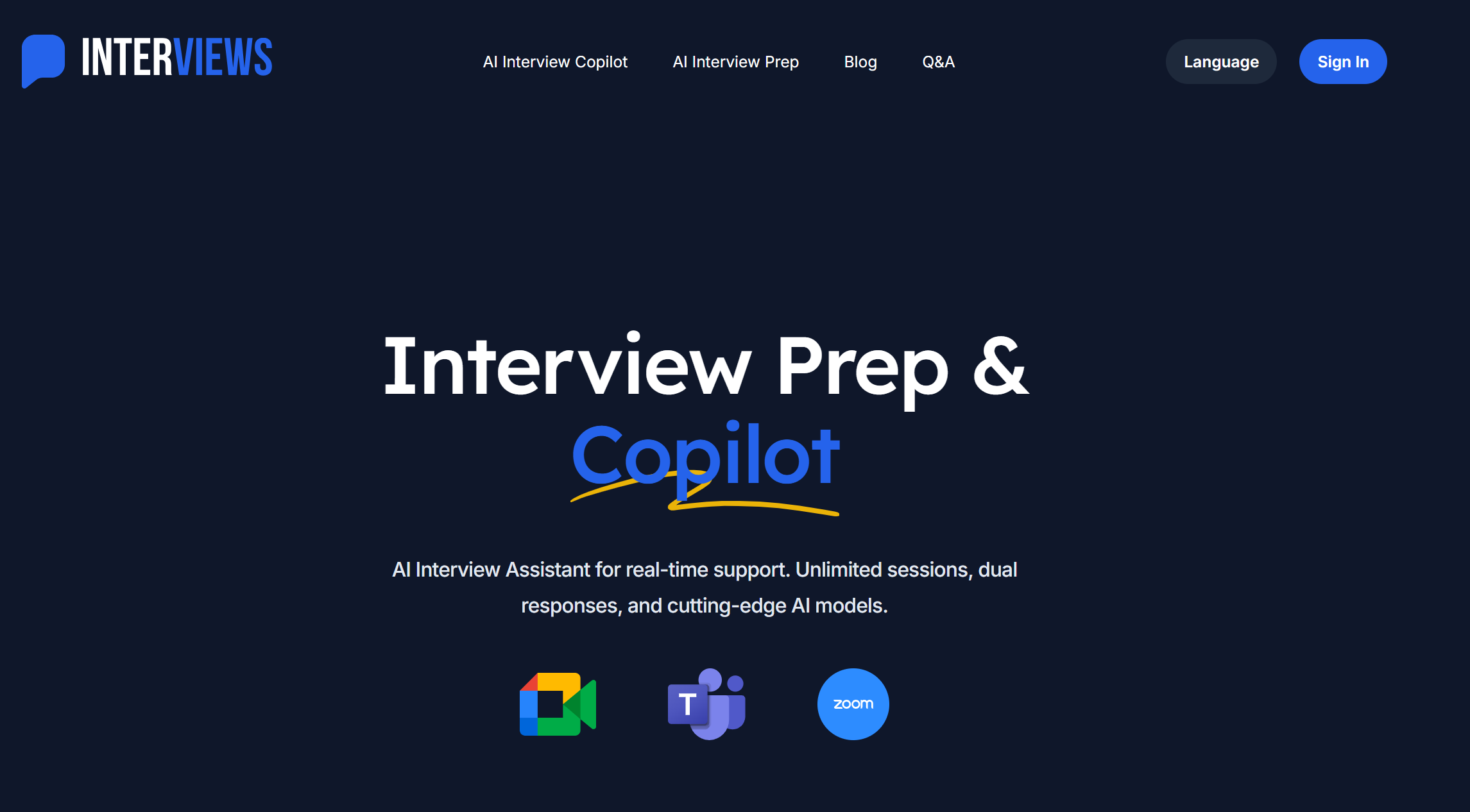
Interviews.Chat gives free trial credits for unlimited sessions in the basics, with AI copilot and mock setups.
Multilingual and comprehensive, it's great for varied prep.
Pros: Unlimited free trial sessions , Coding and behavioral coverage, Resume/cover letter aids
Cons: Trial credits expire quickly
Interviewing.io - Best Free AI Interview Tool For Anonymous Prep
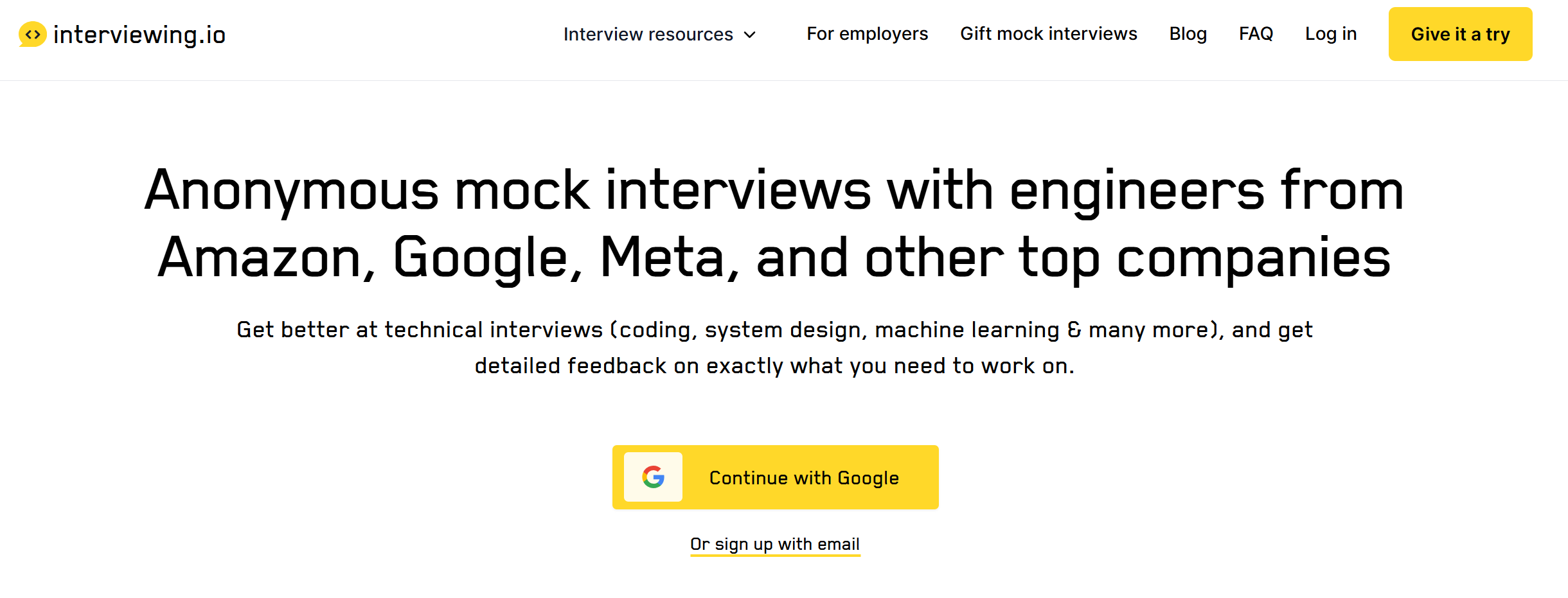
Interviewing.io offers free AI warm-ups and anonymous mocks, perfect for low-pressure practice.
You get recordings and feedback without revealing identity. I warmed up for tech interviews, and the AI preps led smoothly into real sessions. Free for basics, with eligibility for more.
It's ideal for building skills privately.
Pros: Anonymous practice, Detailed recordings/feedback ,Free warm-ups
Cons: Some features eligibility-based
Interviewsby.ai - Best Free AI Interview Tool For Personalized Simulations
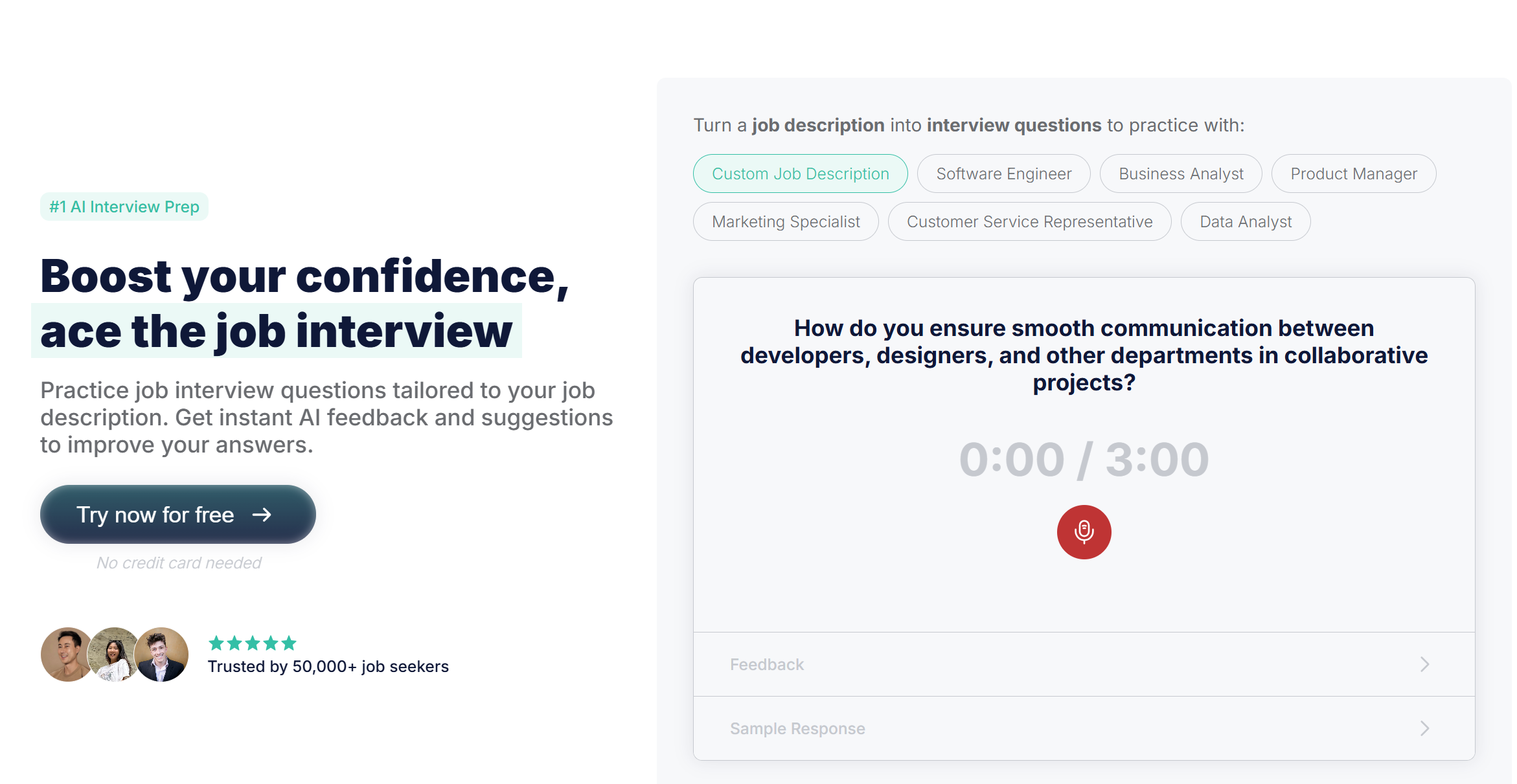
Interviewsby.ai uses AI for custom mocks, with free access to basic rehearsals and feedback.
It anticipates questions and lets you refine responses in a simulated environment. I tailored it to a PM role, and the rehearsals felt realistic. Great for reducing anxiety through repetition.
The founders' focus on structure makes it supportive.
Pros: Personalized question sets, Realistic simulation, Free basic access
Cons: Limited advanced analytics free
ChatGPT's free version is effective for interview practice
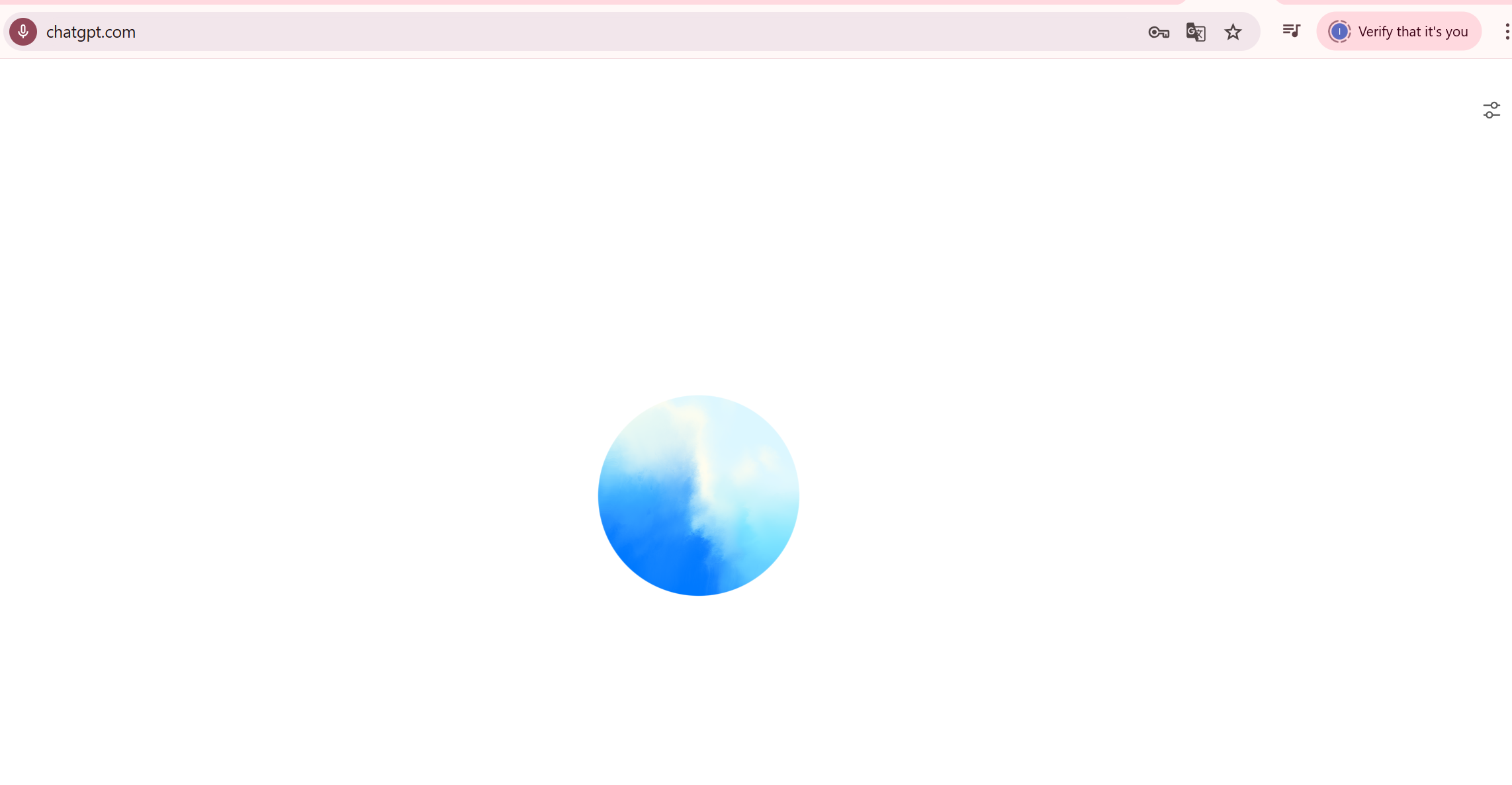
ChatGPT's free version is surprisingly effective for interview practice, especially with voice mode for natural chats.
You can simulate questions , getting responses to refine your style. I practiced behavioral scenarios, and it adapted well, suggesting improvements on tone. The free tier handles written or voice, though Plus unlocks more.
It's flexible for any role, anytime.
Pros: Free conversational practice , Adapts to your inputs, Voice function for realism
Cons: Lacks specialized feedback
Conclusion
Tracking down a solid free AI interview tool can seem tricky with all the options out there. But rest assured—the 8 AI-powered picks I've shared here are built to make prep easier and more effective, without the frustration.
If you're after one that covers the bases exceptionally well, give Linkjob.ai a shot. It might just be the edge you need to land that dream job!

